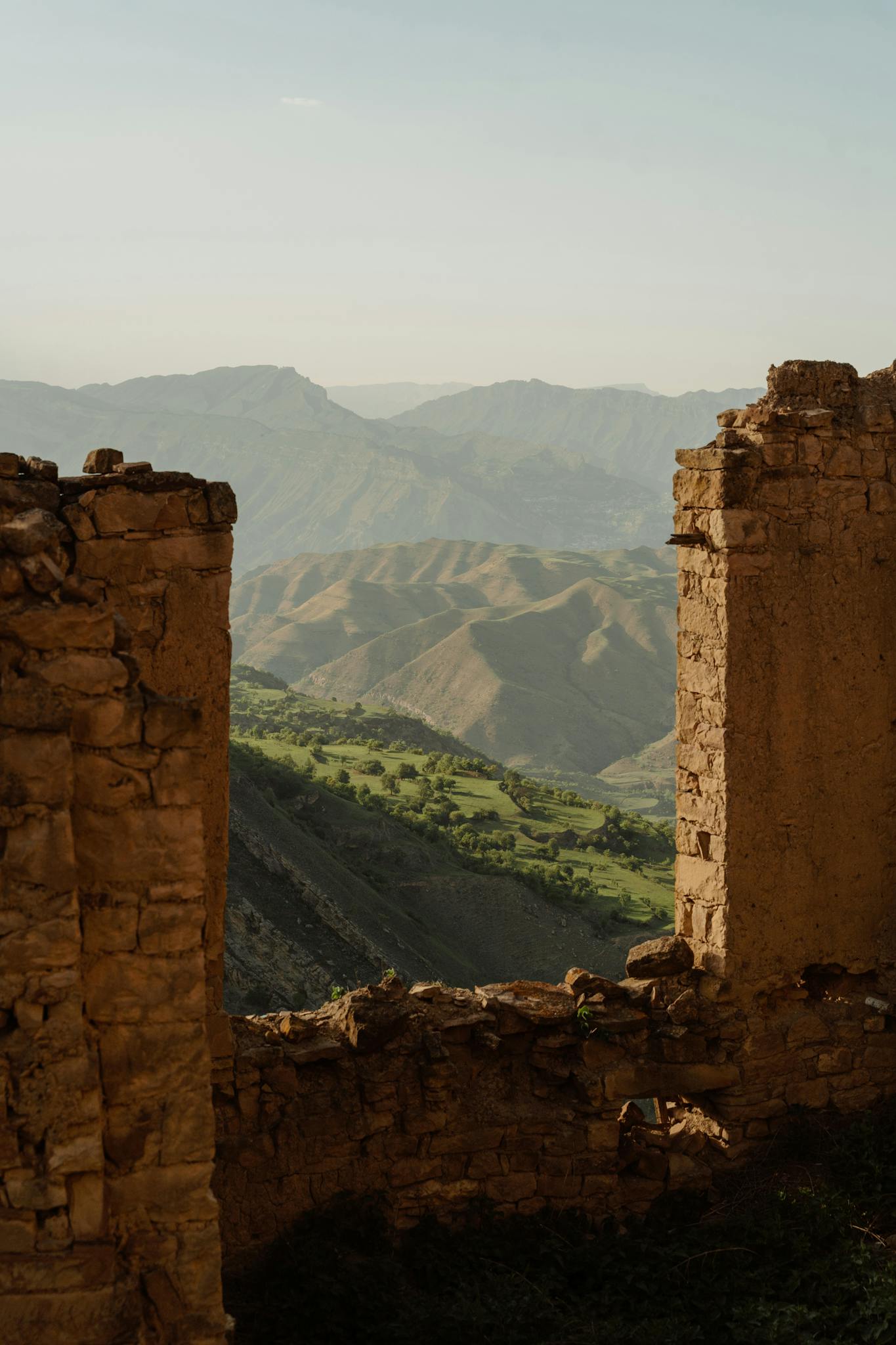Our church is engaging in a three-week outreach mission with the sole purpose of going into the community to share the gospel. No fancy programs, no freebies to hand out, just telling people about Jesus. We want to saturate our city with the gospel. As often happens, when our pastor was explaining this initiative, my mind immediately went to the folks living in nursing homes. I don’t know if it was the way the pastor phrased things or if it was just me, but as soon as I thought about going “beyond the walls of our church” and into the city, my mind started thinking about what was beyond the walls of the city of Jerusalem.
“Beyond the walls,” or “outside the gates” is talked about a lot in the Bible, and often carries with it much spiritual symbolism. Jerusalem was considered a holy city, a city set apart for God. That meant that anything impure could not take place or dwell inside the city of Jerusalem. This idea started even before the Israelites lived in Jerusalem. When God’s people were wandering in the desert, those who were “unclean” according to Jewish law had to be put “outside the camp.” Some things that could render you ceremonially unclean were childbirth, bodily discharges, contact with a corpse, or communicable diseases like leprosy. In Leviticus, the remains of animals that had been sacrificed were taken outside the camp. In Numbers, those who had to be executed because of their sin were taken outside the camp to carry out the sentence. In Deuteronomy, God even says that His people must go outside the camp to relieve themselves. In the New Testament, Jesus was taken outside the city to be crucified. Being sent outside the city was not necessarily a punishment, though it could be. The main purpose was that wherever God dwelt, wherever His people were, that place was meant to be holy. Deuteronomy 23:14 says, For the Lord your God moves about in your camp to protect you and to deliver your enemies to you. Your camp must be holy, so that he will not see among you anything indecent and turn away from you.”
I can only imagine what it must have felt like to be someone who was sent outside the city walls, outside the camp–cut off from your family and friends, separated from the corporate worship of God, vulnerable, embarrassed, alone, afraid. Some people were able to return to the city once they were examined by a priest and confirmed to be “clean” again, but others, like those with leprosy, were never allowed to come back inside the city walls. But in imagining how it would feel to be outside the camp, it struck me that those are the same feelings experienced by my friends inside the nursing home. They are cut off from family and friends; they are separated from the corporate worship of God. They are vulnerable and embarrassed due to the stripping away of their dignity. They are often alone and afraid.
Of course, another thing that the Jews had to take outside the city walls was their garbage. Sadly, that’s a pretty good analogy for people who live in nursing homes. I’ve heard them referred to as “throw away” people and our culture dubbed a “throw away” culture. It’s true, isn’t it? If, for example, my socks get a hole in them–I throw them away. Decades ago I would have mended them so I could continue wearing them. It was expensive to buy new things. Are my clothes out of style? I get rid of them, either by donating them or throwing them away. Products that are no longer serving us well, suiting our fancies, or operating properly are tossed. Because we have instant access to such a wide array of goods, and because we value convenience and speed, we are quick to get rid of our old phone, our old clothes, our old shoes, our old gadgets.
It’s not long before this same attitude spills over to people who are no longer serving us well. Sick and frail elderly people, often with mental decline or dementia, make us uncomfortable. We don’t know how to relate to them. They cause us to consider our own mortality. We no longer value them because we don’t see that they have anything to offer us. After all, won’t they forget we even visited at all? Why bother? We’re in a busy season. And so we push them outside our walls. We’ve built walls of convenience, busyness, pleasure, and comfort for ourselves, but we’ve called them walls of safety and care for the frail and vulnerable elderly. We push them outside our walls and behind the locked doors of the nursing home. And we leave them there to die.
Who will go outside the walls to them? Who will value them and see them the way God does–men and women who He created in His image? Jesus made it possible for us to go outside the camp when He went outside the camp. His death on the cross atoned for our sin, making it possible for us to be holy without the observance of purity laws and the necessity of the sacrifices. Holiness no longer depends on location or laws because it depends on Him. Wasn’t that what was missing for the Jewish people living outside the walls of Jerusalem? A way to be made holy, restoration to God and then to their loved ones? There are no longer walls between us and God. We can demonstrate this good news by going to them. There’s nothing better we can offer them than a relationship–first with Jesus, and then with us!

